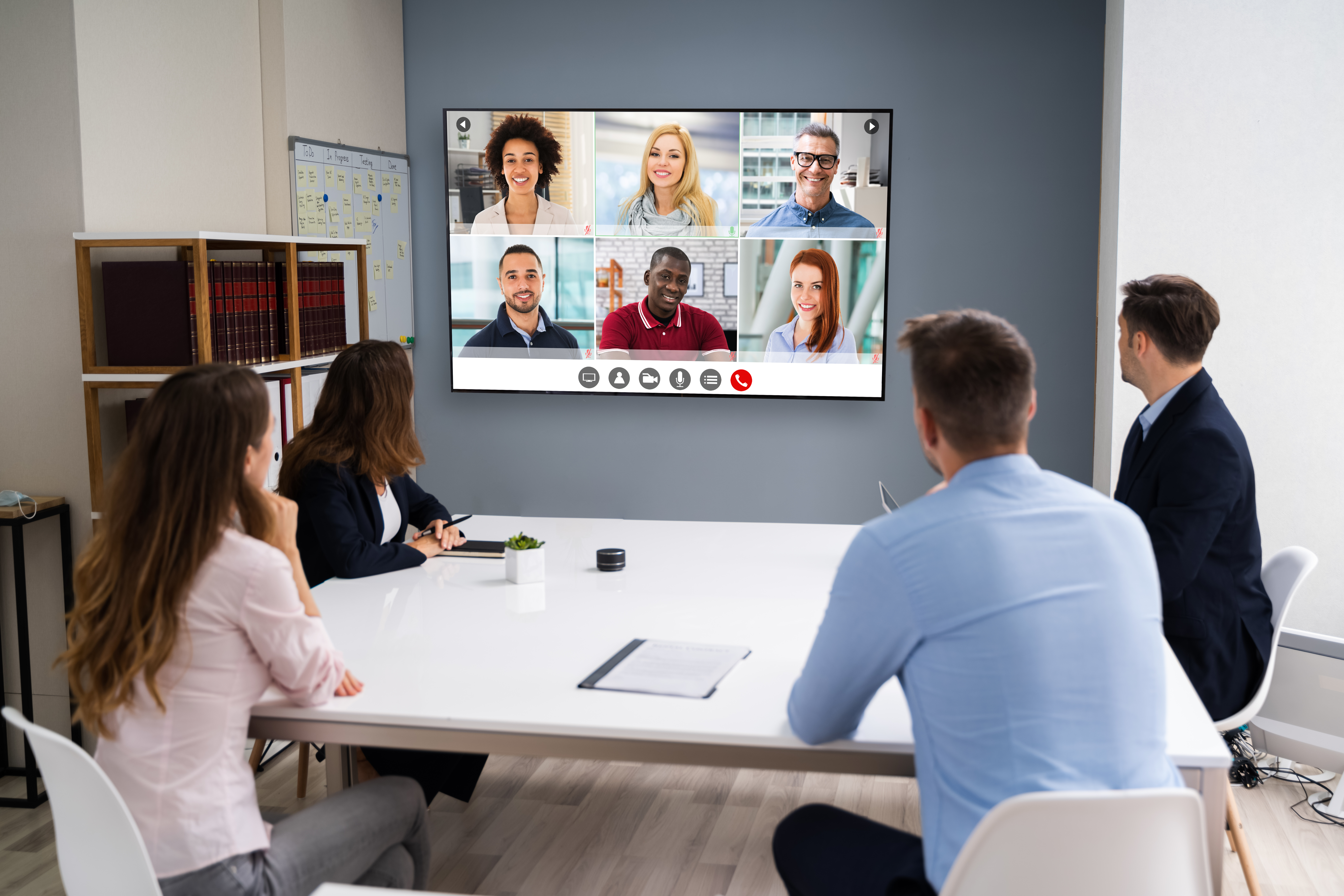Why remote and hybrid working make us more creative?
One of the persistent concerns about people working more often from home is that this will inhibit creativity. The idea is that creativity is driven by random connections and the informal sharing of ideas. This is largely a myth, and we argue that remote and hybrid working can actually improve creativity.
It’s a regular concern on our remote and hybrid working webinars. I start by asking people “so during the pandemic lockdowns, did your organisation become more or less creative and innovative?” So far just about everybody thinks their organisation innovated faster and at higher levels than during normal periods.
Maybe that’s a little unfair as exceptional circumstances do tend to drive innovation, but the point remains we were able to innovate even in those unprecedented situations.
We then discuss the idea that creativity is driven by collective discussions and in particular brainstorming. The idea of brainstorming was popularised by Alex Osborne an advertising guru in 1953. He proposed that idea generation was best done in groups and in the absence of criticism.
Unfortunately, as early as 1958 academic studies found that people working as individuals came up with about twice as many solutions, and a panel of judges thought their solutions were more feasible and effective. Brainstorming actually makes each individual less creative. Decades of research have confirmed and reconfirmed this finding, yet business seems immune to 60 years of evidence and many people still love the idea of brainstorming.
Similar research has shown debate and criticism actually help creativity.
We then turn to where does creativity happen. Where do you usually have your best ideas? Is it at a meeting?
For most people, creative ideas are more likely to come on a walk or in the shower. They come after a period of immersing themselves in the subject, talking to other people and then allowing time for ideas to percolate and mature before insights emerge, often at times when they were doing something else.
Working from home is an ideal context for this kind of individual ideation.
There’s also very little evidence that ideas come from chance interactions at the watercooler or coffee machine. However, let’s imagine that there is some value in these random exchange of ideas, wouldn’t there be a couple of additional considerations?
First, what is the chance that the person who has the information or idea you need happens to be at the coffee machine at the same time as you? If you’re looking to engage with other experts or to discuss with people who can bring a new perspective to the problem, why would you choose to focus on just the people who happened to be in the same location as you on that day? Wouldn’t it be better to reach out to the best possible people across your organisation or indeed outside your organisation?
Second, if these conversations are really essential to creativity, then why would we allow them to happen by chance? Why wouldn’t we structure them to bring people together more intensively to increase the probability of this happening?
On our virtual and hybrid creativity workshops we train people in processes for accelerating individual ideations and look at how remote working can be a positive benefit at this stage.
If there is value in getting face to face during an innovation process it is probably after the original idea generation stage when we move on to refine the ideas and collaborate to execute on them.
Hybrid working should enable us to combine the best of both – but if we continue to invest are scarce face to face time in counterproductive practises like brainstorming, we will have learned nothing.
If you’d like to find out more about our remote and hybrid creativity training, please get in touch.

Explore our training programs to see how we can help.
Agile & Digital Training Matrix Management Training People and purpose Training Virtual Teams TrainingEducate yourself further with a few more or our online insights:
30 years of experience learning with a range of world class clients
We work with a wide range of clients from global multinationals to recent start-ups. Our audiences span all levels, from CEOs to operational teams around the world. Our tools and programs have been developed for diverse and demanding audiences.

Tailored training or off the shelf modules for your people development needs
We are deep content experts in remote, virtual and hybrid working, matrix management and agile & digital leadership. We are highly flexible in how we deliver our content and ideas. We can tailor content closely to your specific needs or deliver off the shelf bite sized modules based on our existing IP and 30 years of training experience.
For more about how we deliver our keynotes, workshops, live web seminars and online learning.